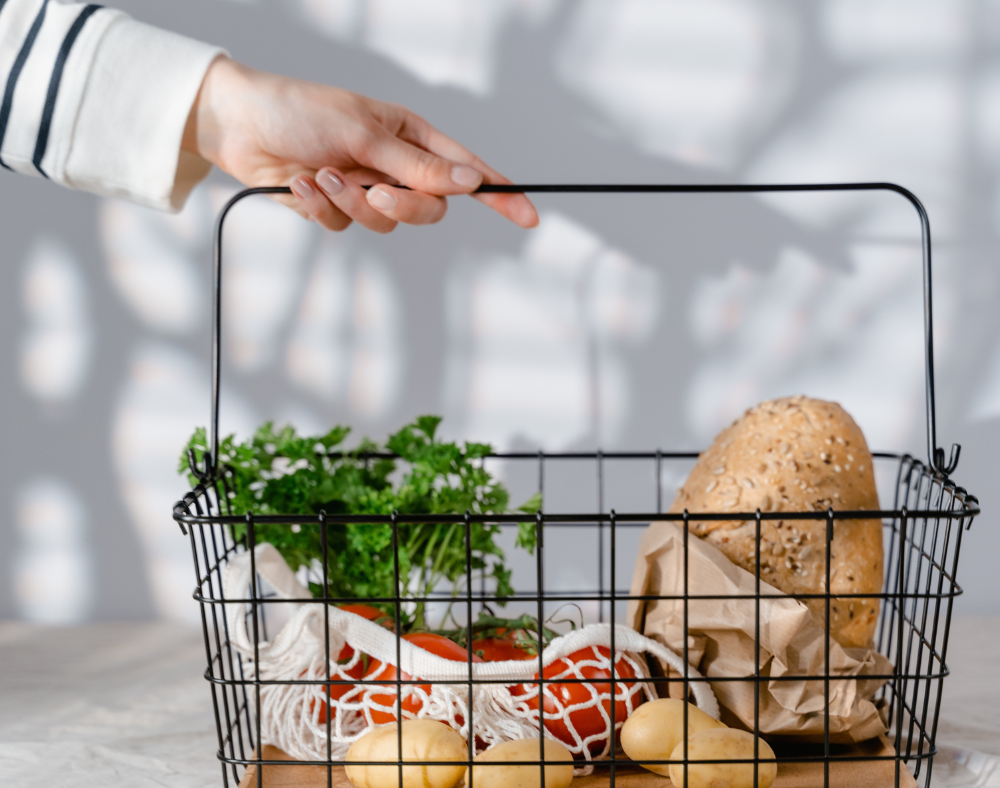Plant-based diets have become a phenomenon around the world for their increasing health benefits. However, not all plant-based diets are ‘healthy’, and some of these veggie-based foods might be doing you more harm than good. In this article, we will discuss all you need to know about eating healthy and maintaining a nutritional plant-based diet.
Plant-based dieting is a diet that consists of food that is made from plants, mainly vegetarian and vegan diets.
Plant-based diets have grown in popularity due to the ever-increasing scientific research on health benefits that plant-based foods provide us, which include but are not limited to improving cardiovascular health, blood cholesterol as well as blood sugar levels. Additionally, there are mounting positive environmental impacts on plant-based eating. Minimising the need for animal husbandry, land desertification, and excessive water use, all of which contribute to lowering greenhouse gases.
Plant-based diets provide an array of health benefits for ourselves and the environment. Therefore, it is important for us to be well-educated on maintaining a well-balanced and nutritional diet by eating plant-based foods, ensuring we are eating enough protein, iron and omega-3s.
So, what exactly is junk-veggie food?
Junk-veggie food refers to foods that are:
- highly processed
- commercially-produced baked foods such as bread, pastries and biscuits
- carbonated drinks
- pre-packaged snacks
- instant noodles, soups, sauces and desserts
- flavoured dairy drinks
- cereals and spreads
- energy bars
Highly processed foods can cause a greater risk of developing some cancers, heart disease, and type 2 diabetes.
Calorie intake is also reportedly higher in junk-veggie foods, leading to weight gain and obesity even if you think you are eating ‘healthy’.
Furthermore, vegetarian and vegan diets can often exclude necessary food groups, such as iron-rich foods, making nutrient deficiencies more and more common.
Healthy plant-based eating habits
1.Start by limiting your intake of highly processed foods. Foods that are high in fat, salt and added sugars should be eaten in moderation. If you want to eat a purely plant-based diet, try to map out your meals to ensure you are getting enough nutrition; well-planned vegetarian or vegan diets are essential to healthy eating behaviour. Vegan and vegetarian diets can cause deficiencies such as iron, calcium, vitamin D, and vitamin B12 due to the lack of animal meat/foods that are rich in these nutrients. Dietary supplements may be used with your doctor’s advice to help reach the amount of daily nutrients to avoid deficiencies. Speak with your doctor to determine which supplements may be appropriate for you.
2.Focus on eating proteins. Beans, peas, seeds, nuts, tofu, edamame, milk, cheese, yoghurt and seafood (fish) are high-protein foods that are great for vegetarians and provide an array of nutrition, including iron, vitamin D, calcium and vitamin B12.
Adding more of the following types of food can ensure you are eating a well-balanced, healthy meal:
- fruits
- non-starchy vegetables
- whole grains
- low-fat dairy
- eggs
- plant protein
- seafood
3.Always read the label. Product Packaging can be misleading, which is why it’s important always to read the ingredient and nutrition labelling on packaged food. Phrases such as ‘fat-free’ or ‘low fat’ on packaged food can be deceiving and are often full of sugar.
4.Try to avoid takeout or ‘fast food’ meals too often. At-home cooking allows you to know exactly what is in your meal. Cooking with fresh produce will help you get the most nutrition without any unwanted or highly processed ingredients.
5.Monitor your carbohydrate portions. Switching to snacking foods with high carbs can be easy, especially when plant-based eating feels quite restrictive. But try adding whole-grain carbohydrate options to your meals instead.
The ‘takeaway’ message
Eat well-planned vegetarian and vegan diets rich in non-starchy vegetables, whole grains, protein, fruits and dairy. The health benefits are endless and safeguard against risk factors affecting your overall health.



